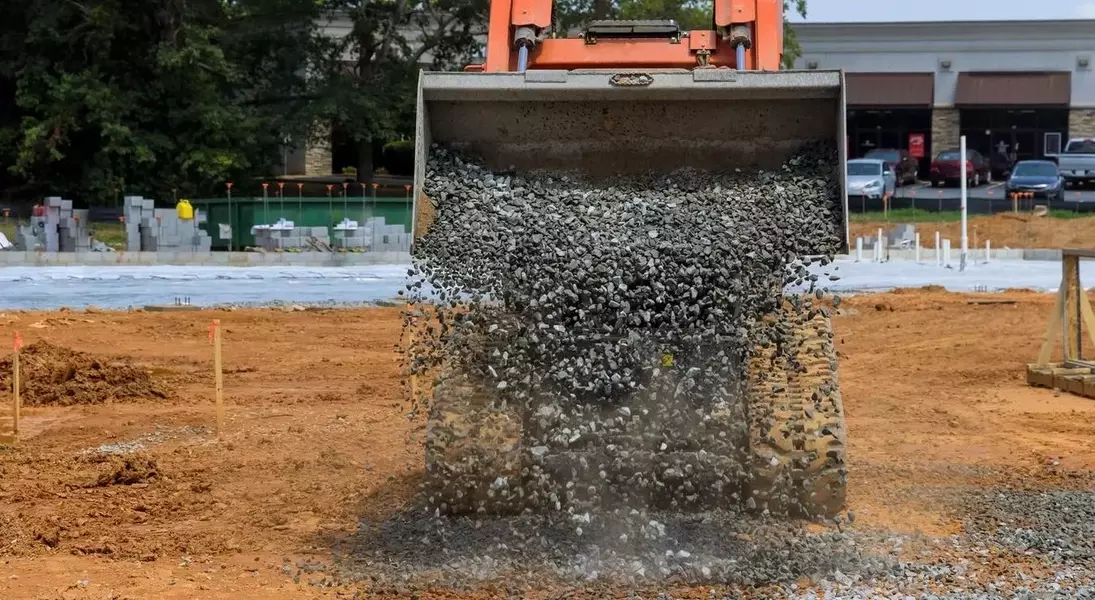Combating climate change is a global challenge that requires innovative solutions. One such solution lies in the use of greener asphalt, steel, and concrete for roads. A new federal highway grant program is aiming to achieve just that, providing billions of dollars to states and a companion agency initiative to issue emissions labels for transportation materials.
Key Initiatives and Their Impact
The Federal Highway Administration recently awarded $1.19 billion in grants to nearly 40 state transportation departments. This funding will help these departments launch purchasing programs that require the use of low carbon transportation materials instead of traditional construction inputs. The federal government defines low carbon transportation materials as those with minimal greenhouse gas emissions throughout their entire life cycle.Acting Federal Highway Administrator Kristin White emphasized the importance of materials with a lower carbon footprint in modernizing the transportation sector to fight climate change. These federal investments in the Low Carbon Transportation Material Grants Program are part of the Inflation Reduction Act.An FHWA fact sheet highlights that about 11% of GHG emissions from the infrastructure industry result from embodied carbon in construction materials. Traditionally, these materials have significant embodied carbon emissions due to energy-intensive processes.States Receiving Green Transportation Material Grants
Several states received large grants under this program. California, Colorado, Delaware, Iowa, Idaho, Illinois, Indiana, Kansas, Kentucky, Louisiana, Massachusetts, Maryland, Michigan, Minnesota, Missouri, Montana, North Carolina, North Dakota, Nevada, New York, Ohio, Oklahoma, Oregon, Pennsylvania, Rhode Island, South Carolina, Tennessee, Virginia, Washington, West Virginia, and Wisconsin each received $31.9 million.Other states with varying distributions include New Mexico ($29.8 million), Hawaii ($28.9 million), New Jersey ($27.8 million), Arizona ($27 million), Mississippi ($26.6 million), and Vermont ($14.5 million).U.S. Rep. Raúl M. Grijalva supported the FHWA's grant, noting its importance in reducing pollution and mitigating climate change. He will continue to advocate for such programs.In Colorado, lawmakers enacted legislation to ensure the use of greener state transportation materials. The "Global Warming Potential For Public Project Materials" legislation requires contractors to submit an environmental product declaration for eligible materials.Iowa plans to incorporate low carbon transportation construction materials into its transportation infrastructure design, as outlined in its 2024 Carbon Reduction Strategy.U.S. Rep. Sharice Davids welcomed the federal funding in Kansas, emphasizing its role in creating jobs and strengthening the economy.Michigan will use the grant to create procedures for including and verifying low-carbon materials. It also aims to incentivize contractors as best practices are established. MDOT officials will focus on lowering emissions in concrete and asphalt materials and create an emissions rating scale.EPA's New Labels for Highway Construction Materials
The U.S. Environmental Protection Agency launched a new label program in August to assist buyers in making greener choices. The goal is to create labels similar to nutrition labels on food to identify green construction materials.On November 12, EPA began offering advisory support to manufacturers on developing Environmental Product Declarations for construction materials.These federal and state government efforts are in the early stages of development. By using their powers, agencies are seeking to bring about changes in the marketplace for transportation materials. Only time will tell the full impact of these efforts on climate change and the financial outcomes for businesses.
